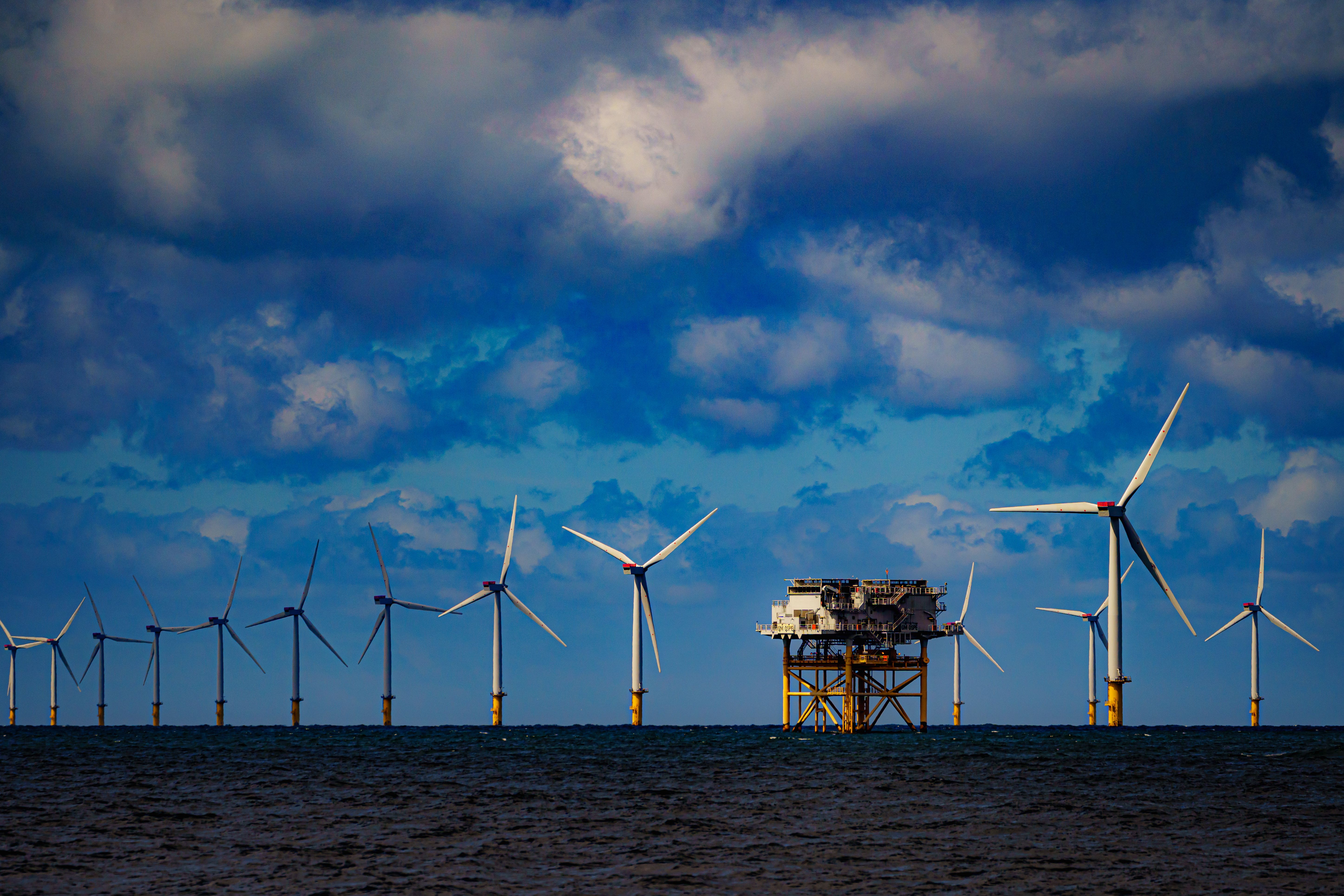Tories criticised over ‘pragmatic’ net zero plans in manifesto
The Conservatives pledged to boost domestic oil and gas, and treble offshore wind, but were accused of producing a ‘manifesto for economic decline’.

The Conservatives have been accused of failing to seize the “economic opportunity of the century” with a manifesto that pledges a pragmatic approach to net zero.
The party’s manifesto recommits to legislation for annual licensing rounds of oil and gas production in the North Sea – which failed to get through the last parliament before it was dissolved – and new gas power plants, prompting an angry response from environmental campaigners.
There are also promises to treble offshore wind capacity, build the first two carbon capture and storage clusters for technology that catches and permanently stores carbon emissions, and invest £1.1 billion in helping green industries grow.
And within the first 100 days of the next parliament, the Tories say they will approve two new fleets of small modular reactors, while there are also plans to halve the time it takes for new nuclear plants to be approved and to deliver a new gigawatt power plant at Wylfa, North Wales.
Rishi Sunak has turned his nose up at the economic opportunity of the century
The manifesto also pledges a “pragmatic and proportionate approach” to net zero, the legal target to cut greenhouse gas emissions to zero overall by 2050.
It promises never to “force people to rip out their existing boiler and replace it with a heat pump” and to ensure green levies – which fund renewables – on household bills are lower, and rules out future green taxes such as a frequent flyer levy.
It also says it will reform the Climate Change Committee, giving it an explicit mandate to consider costs to households and UK energy security in its future advice to parliament – although the committee’s remit already requires it to consider energy supplies, the economy and social issues such as fuel poverty.
The manifesto says the party will “ensure democratic consent for onshore wind”, an area where the sector warns there has been a de facto ban for years under the Tories, and support solar in the right places “but not on our best agricultural land”.
The manifesto was immediately attacked by environmental groups, with Ed Matthew, campaigns director at climate and energy think tank E3G, saying it was “utterly devoid of new pledges to supercharge the net zero economy and is the most unambitious on climate action yet”.
“Rishi Sunak has turned his nose up at the economic opportunity of the century.
“This failure will keep households hooked on high-cost oil and gas and undermine our energy security. It is a manifesto for economic decline,” he said.
Greenpeace UK’s policy director Doug Parr said: “New gas plants and more dependence on the very fossil fuels that caused the cost-of-living crisis will only result in higher bills, more energy insecurity and increase our climate-wrecking emissions.
“We need a clean break from 14 years of failure on climate and nature but this is a manifesto that will drive us further into crisis.”
He added: “You can’t have a ‘secure future’ without tackling soaring bills from fossil fuels, and the climate crisis from driving heatwaves, storms and floods and the collapse of our natural world.”
Bookmark popover
Removed from bookmarks